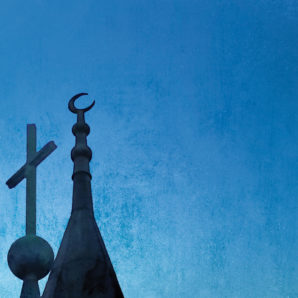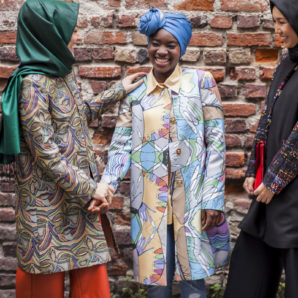
Many Humanisms, Many Modernities: Contesting Talal Asad’s Anti-Humanist Critique of Humanitarianism
Due to his sole preoccupation with a secularized Christian and Western story of human-humanism-humanitarianism, Asad’s genealogy misses ongoing, creative, and complex contemporary engagements with the ethics and practices, promises and ambivalences of all humanistic projects—engagements that can and do inform the ways in which humanitarianism is being envisioned, enacted, and critiqued.
Read More →
Due to his sole preoccupation with a secularized Christian and Western story of human-humanism-humanitarianism, Asad’s genealogy misses ongoing, creative, and complex contemporary engagements with the ethics and practices, promises and ambivalences of all humanistic projects—engagements that can and do inform the ways in which humanitarianism is being envisioned, enacted, and critiqued.
Read More →
